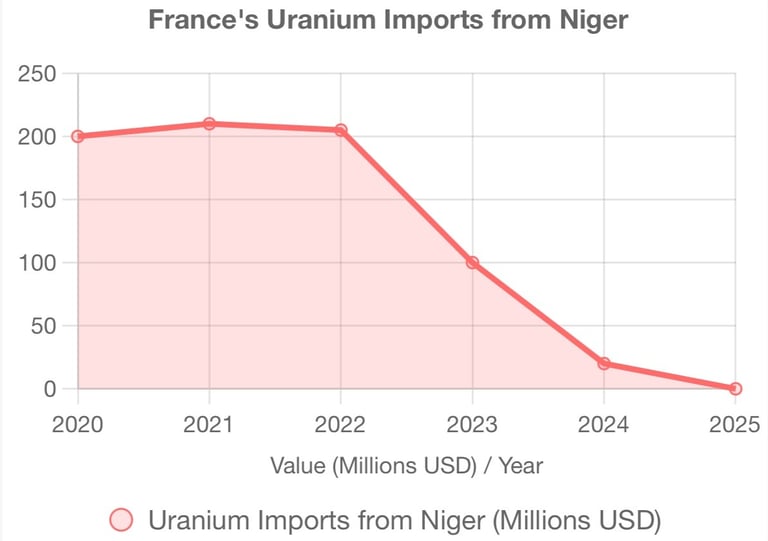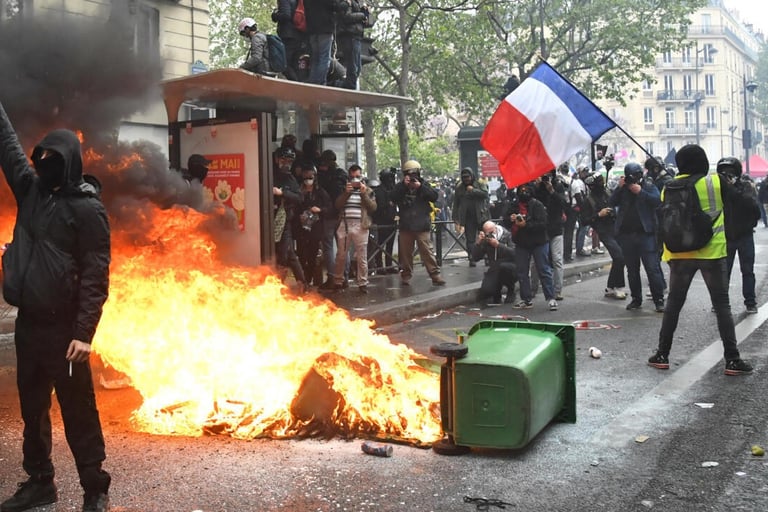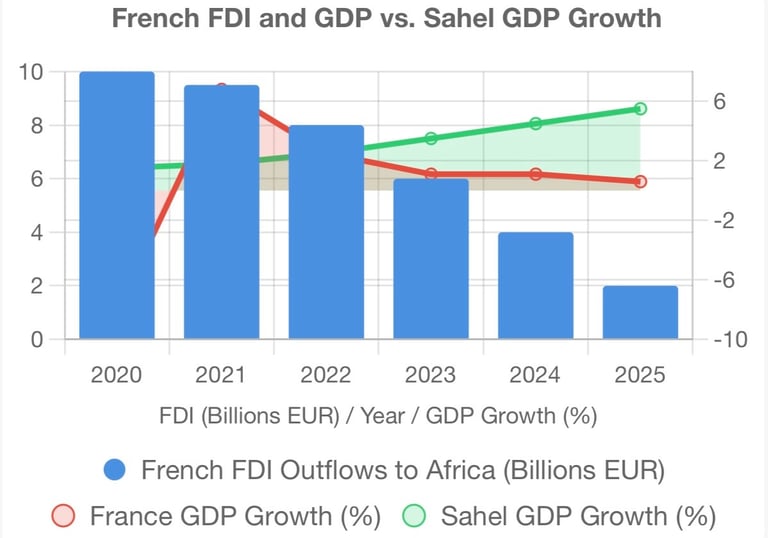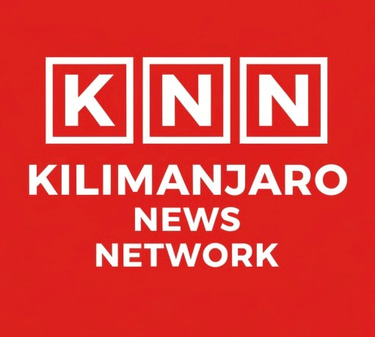The French African Empire’s Bitter End: How Sahel Coups Are Crippling France’s Neocolonial Cash Cow
PARIS – France’s economy is reeling from a seismic blow dealt by its former Sahel colonies, where defiant coups have expelled French troops, diplomats, and corporations, unraveling the neocolonial Françafrique system. As Mali, Burkina Faso, and Niger seize control of their uranium, gold, and future, Paris faces soaring energy costs, corporate retreats, and a sluggish GDP—proof that Africa’s rebellion is hitting France where it hurts most.
GEOPOLITICS
E. N. Quenti
9/20/20253 min read
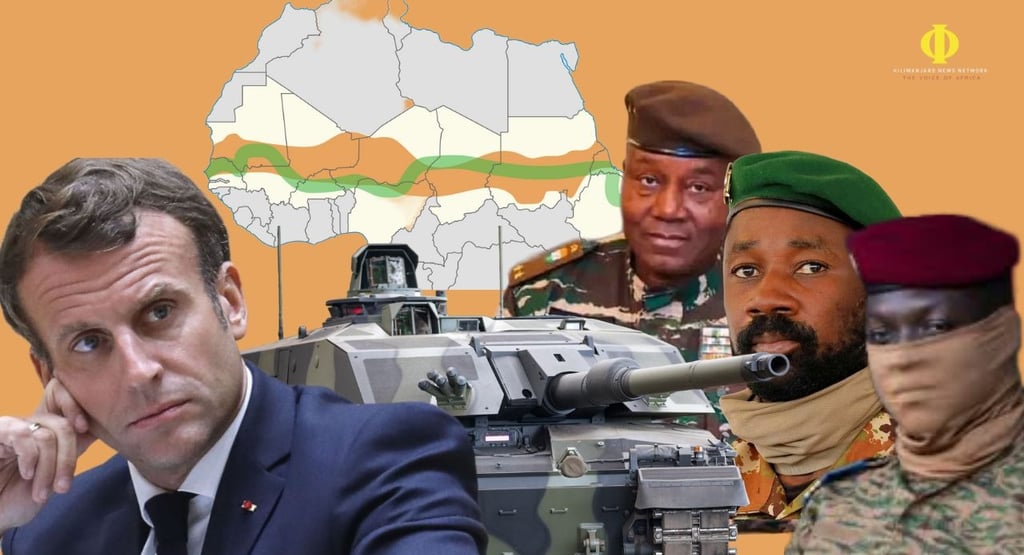

France’s Sahel Fallout: Economic Aftershocks from Africa’s Defiant Expulsion
PARIS – The swift expulsion of French forces from the Sahel has left a gaping hole in France’s economic armour. Since the final withdrawals in 2025—from Niger’s uranium fields to military bases across Mali, Burkina Faso, and beyond—Paris is confronting a harsh reality: its postwar prosperity was partly underwritten by African resources and influence. Now, with those ties severed, France faces soaring energy costs, corporate retreats, and sluggish growth, while the Sahel nations pivot to new partners like Russia and China.
The 2023-2025 coups in the region didn’t just oust troops; they dismantled Françafrique, the neocolonial network that funnelled billions in resources to French coffers. As French companies scramble and the economy stutters, the bill for decades of dominance is coming due.
Françafrique’s Crumbling Empire: A Legacy of Extraction
France’s economic edge post-World War II relied heavily on Africa. The CFA franc locked reserves in Paris, providing interest-free capital. French firms dominated resources: Orano (formerly Areva) mined Niger’s uranium, powering 70% of France’s nuclear-generated electricity. TotalEnergies and others secured oil and gold deals, backed by military presence.
This system ensured cheap inputs for French industry and captive markets for exports. But anti-French sentiment, fuelled by failed jihadist campaigns, led to coups and expulsions. By mid-2025, France’s military footprint vanished: troops gone from Niger, Mali, Burkina Faso, Chad, Ivory Coast, and Senegal in July. The Alliance of Sahel States (AES) exited ECOWAS in January 2025, eyeing CFA departure.
The Sahel’s Pivot: France’s Loss
Niger’s June 2025 nationalization of the Somair uranium mine—63% owned by Orano—epitomized the rupture. Orano suspended operations amid disputes, filing lawsuits over staff detentions. 30 38 TotalEnergies exited Mali in January 2025, selling its network to local firms. Russian troops filled the vacuum, securing new deals.
France cut aid by €742 million in 2024, signalling retreat. Soft power efforts—like cultural ties—struggle against rising anti-French sentiment.
France’s Economic Reckoning: The Numbers Reveal the Pain
Since the expulsions, France’s economy has faltered. GDP growth hit 1.1% in 2024 but is projected at just 0.6-0.7% for 2025, dragged by uncertainty, fiscal tightening, and resource shocks. This stagnation contrasts with pre-rupture trends, exacerbated by Sahel losses.
Graph 1: France’s Uranium Supply Crunch
Caption: Niger supplied 15-20% of France’s uranium pre-2023 coup. Nationalization in 2025 cut supplies to zero, pushing uranium prices to $79/lb (up 7%) and raising energy costs. Factories face closures amid high costs.
Graph 2: France’s Growth Slowdown vs. Sahel Surge
This week on Thursday over people working hard all day long it doesn’t work anymore the time of Lords pressure growing for president dismissal resignation. I want to believe understand how dangerous that would be really interesting to hear from francis someone you’ve interviewed from the perspective now from a very different Caption: French investments plummet as companies like Orano and TotalEnergies exit. GDP growth dips to 0.6% in 2025 amid Sahel losses and uncertainty, while Sahel economies accelerate to 4-6% with reclaimed resources.
Corporate hits are severe: Orano faces bankruptcy threats in Niger. French firms report hostile climates, with some standing firm but others fleeing. Broader impacts include aid cuts and waning geopolitical clout.
Sahel’s Gains: A Stark Contrast
While France reels, the Sahel thrives. Burkina Faso’s infrastructure boom—airports, rails, roads—fuels growth under Captain Traoré. Reclaimed mining revenues fund self-reliance, from cassava farms to munitions.
The Bitter End: France’s Fading Influence
The Sahel’s expulsion has forced France into a painful reset: pricier uranium from Namibia and Canada, lost markets, and a GDP grind. As Russia and others step in, Paris’s empire crumbles, proving Africa’s sovereignty comes at France’s expense. The Sahel’s dawn is France’s dusk.
